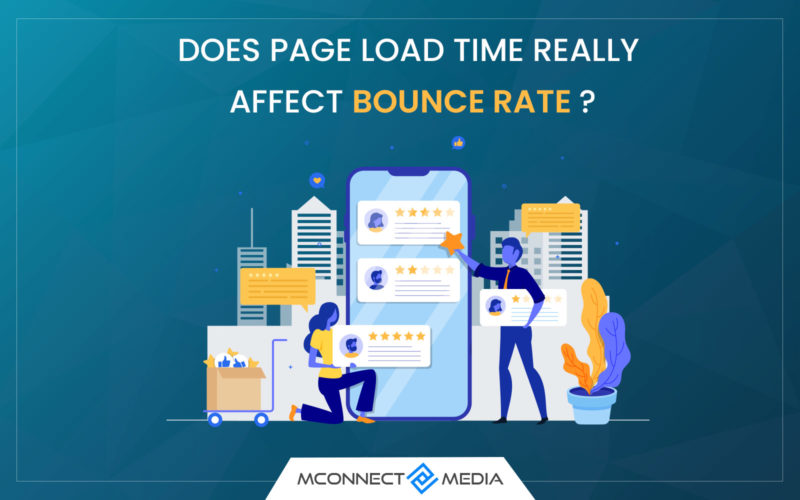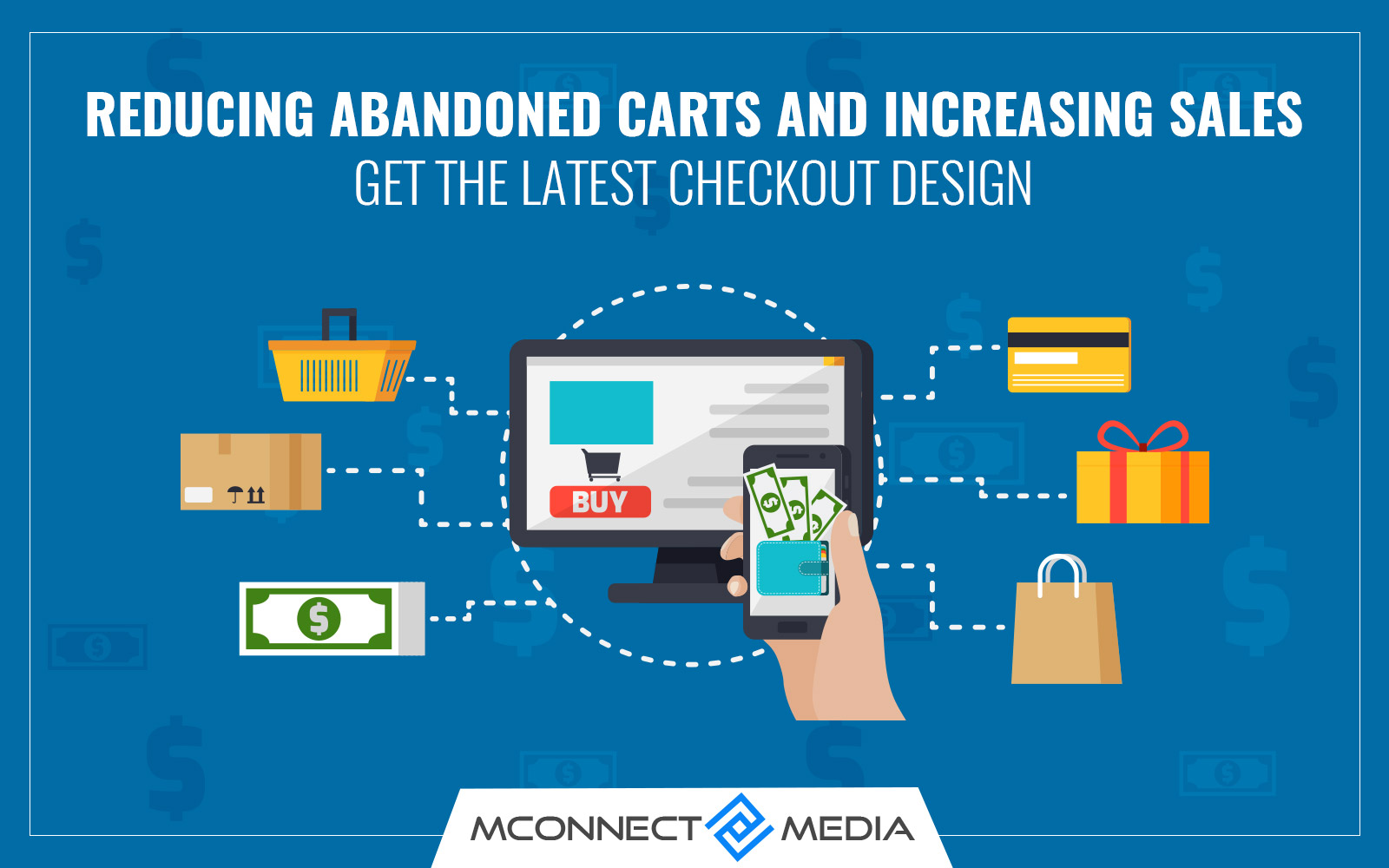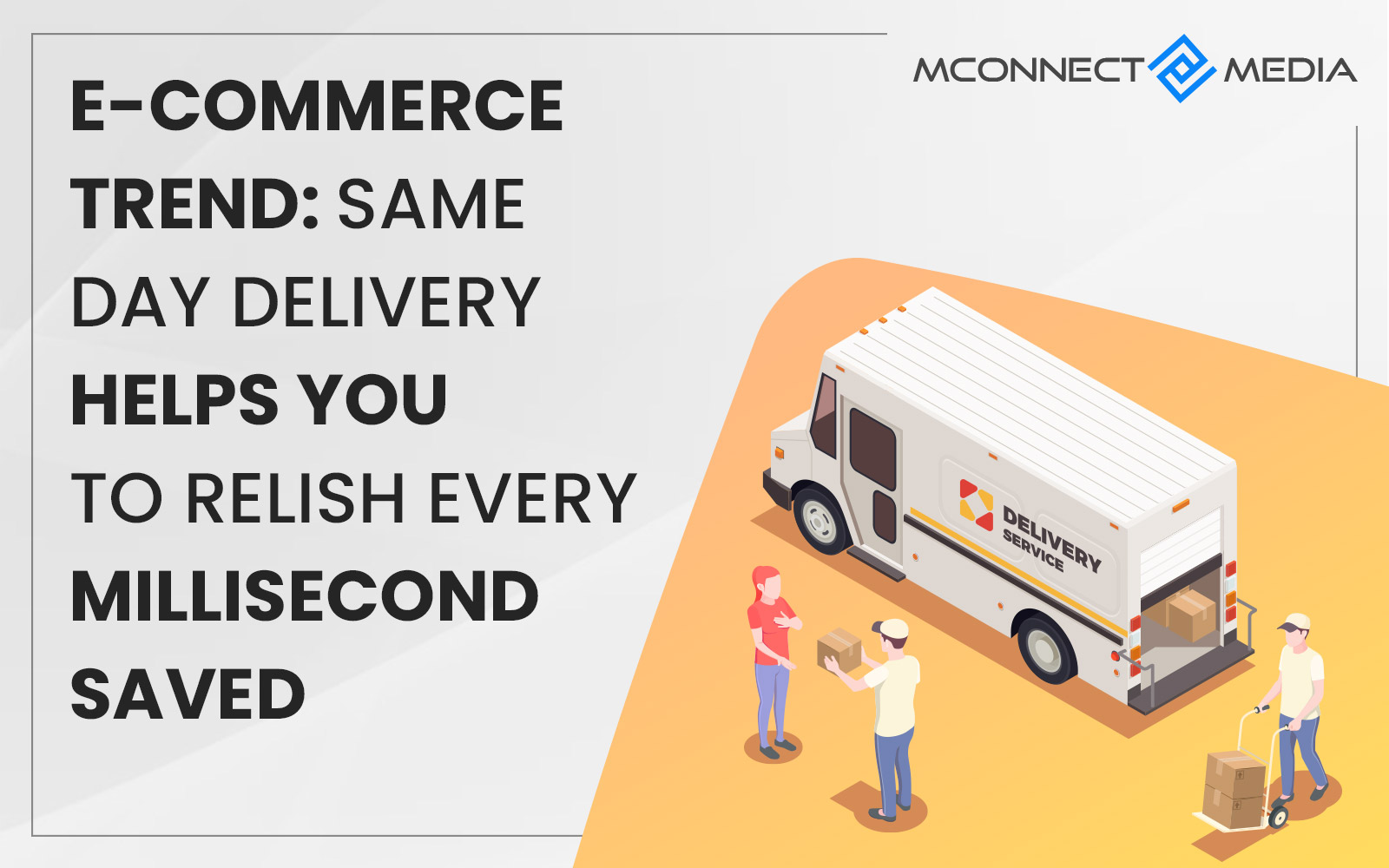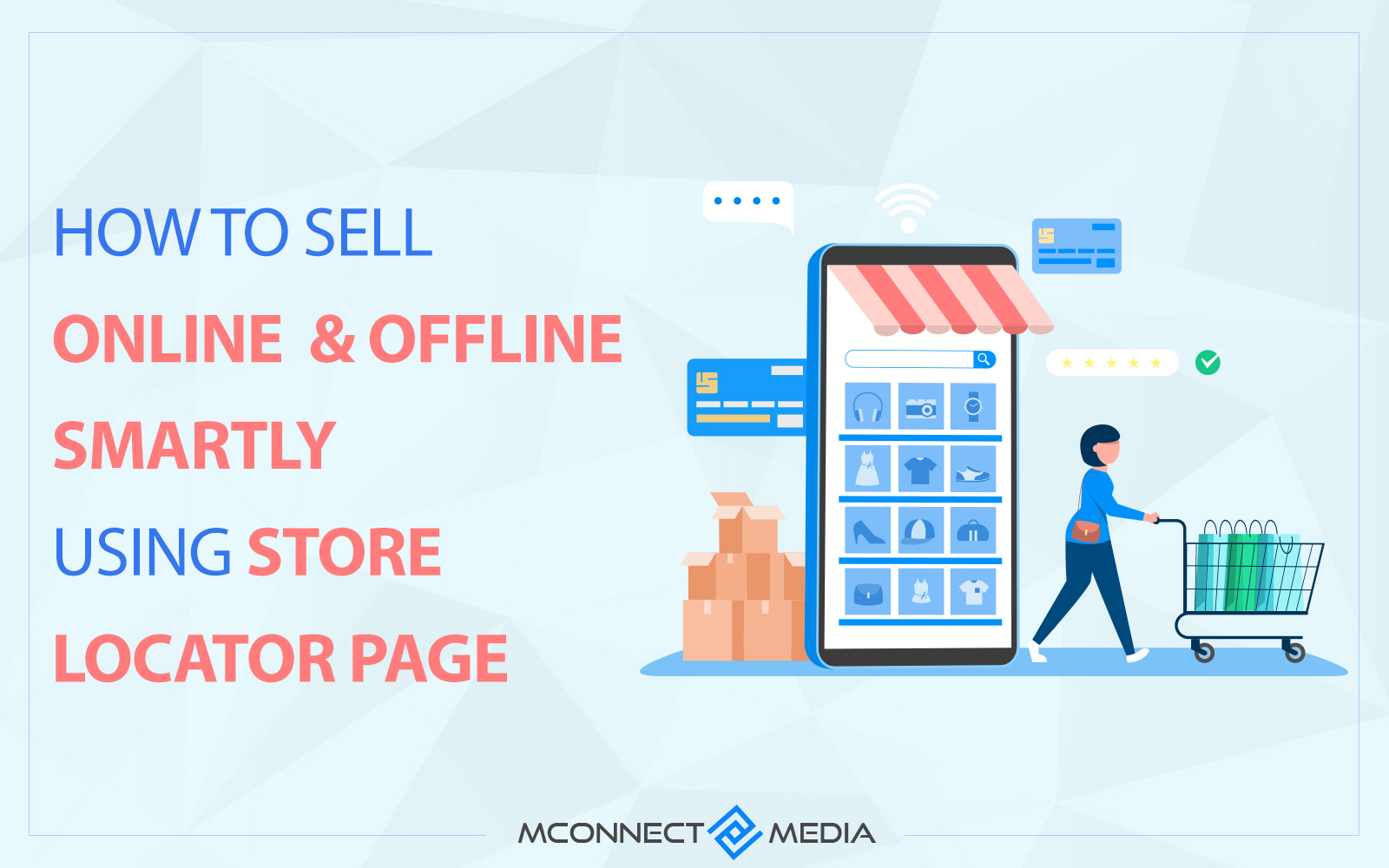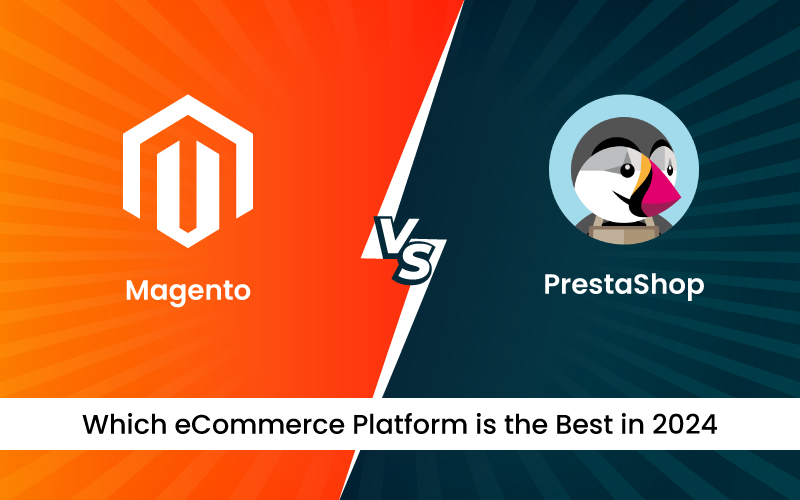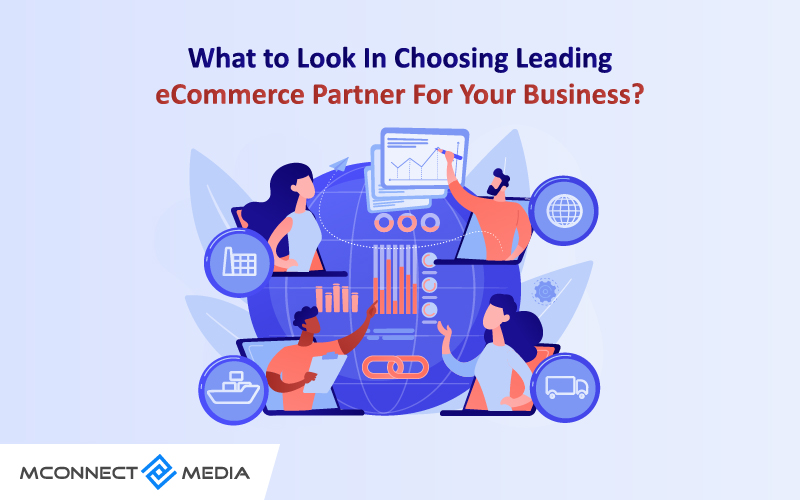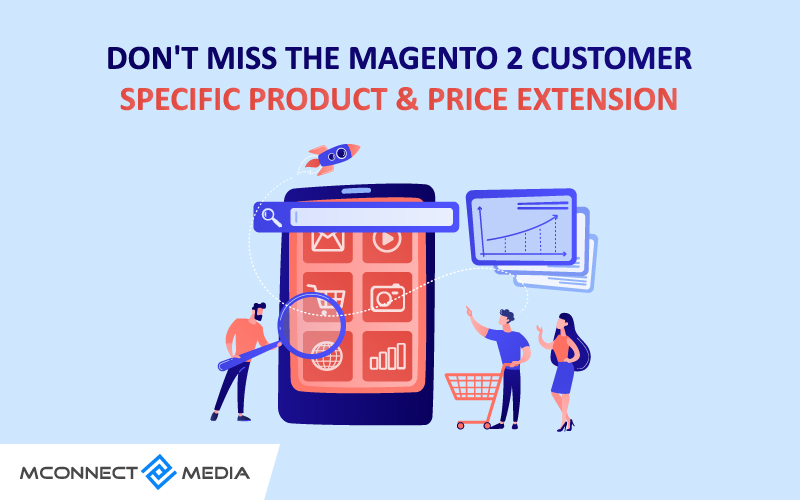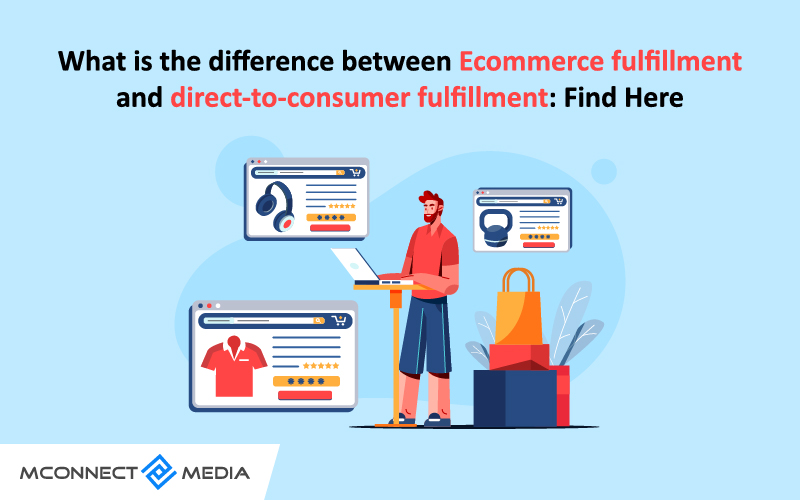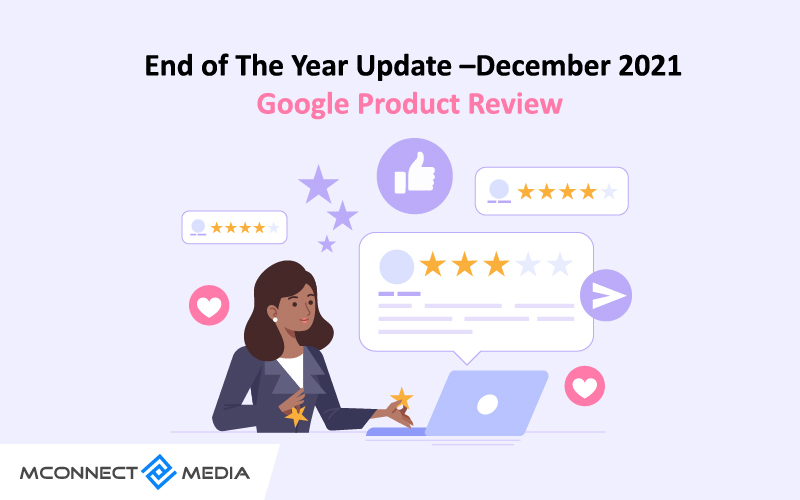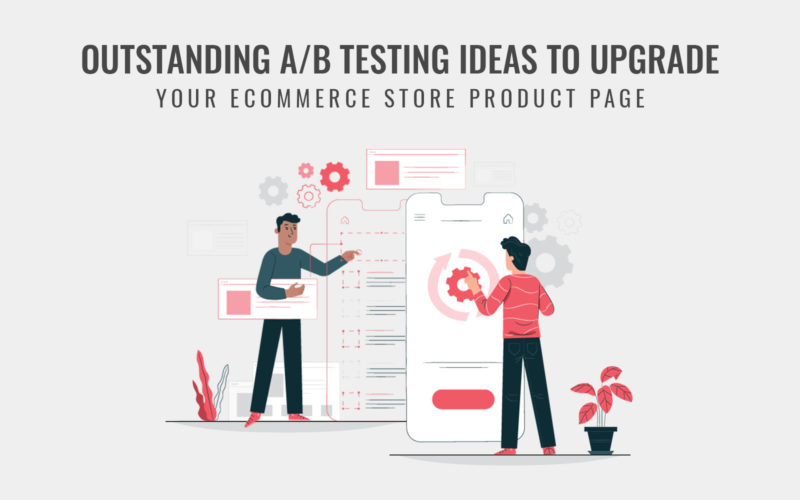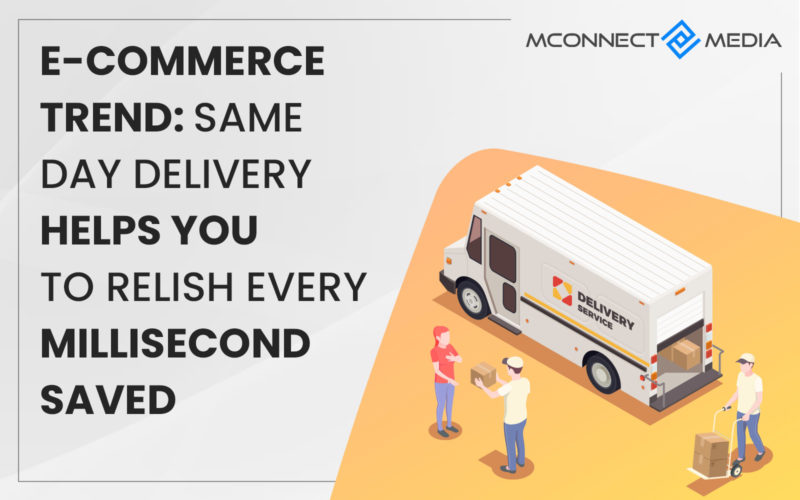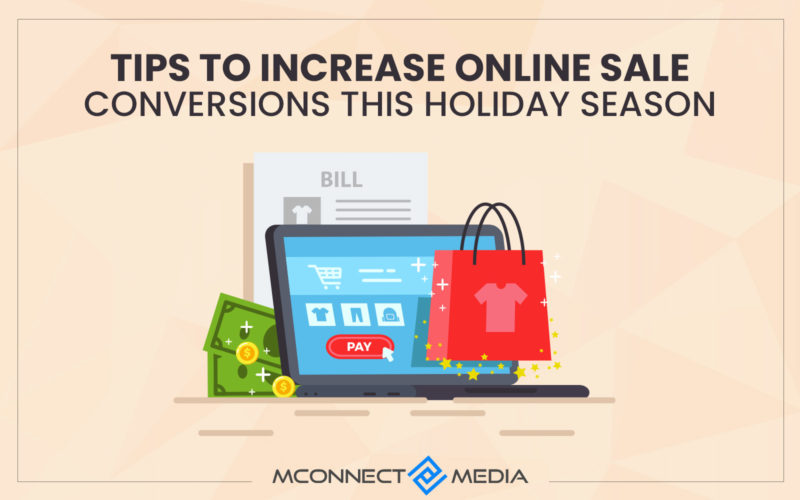If a visitor clicks through on your website and finds themself waiting more than a few seconds for your page to load, they are likely to leave your page and can cost you a conversion. Luckily there’s a solution to enhance page speed, but it involves the identification of the issue or issues causing slow lead times.
Since it can be difficult to point out what’s wrong, you can use tools such as Google’s page speed insights to help. Google PageSpeed considers several factors for an overall score load time score. When you analyze page speed, Google gives you a list of points that contribute to the score.
In this blog post, we will help you find out what those metrics are as we know that if when people have to wait for a site to load for too long, they abandon what they are clicking on together.
How PageSpeed Impacts Visitor Behavior?
Well, renowned websites have shown that users expect a page to load quickly, and in fact that slower page load times can lead to a significant drop in revenue. Some estimates say there’s a huge loss if your page load is too slow.
Some may argue that page speed matters more for giant websites that are expected to perform well even under high traffic, while other studies have found it hard to measure the impact of page load time across thousands of websites.
It can be tough for websites to measure the impact of page speed on user experience themselves. Google analytics takes the very basic measure of website speed as experienced by users. For many websites the page load time for a sample of visitors.
So, if you are an eCommerce site with good brand awareness and a loyal and big customer base. It is obvious that page speed impact your bottom line, and how you can measure it. Meanwhile, slow loading time doesn’t only affect your onsite visitors, it also potentially deters future visitors from shopping on your website.
The main problem that all are face with loading time is that most of them can’t actually grasp the importance of enhancing page speed by a few milliseconds, it’s just not tangible enough. Most online retailers overlook page loading time in their annual priorities because they focus on other enhancements such as design, SEO, social media, and paid ads.
And that’s wrong. Because experts have shown that page loading time directly affects conversions, page views, SEO, and revenues. To help you sort it out, we have created some additional insights that should help you know the stakes involved in enhancing page speed.
What is an Ideal Website Load time?
When it comes to website page speed, Google says that 53% of mobile users leave a site that takes more than 3 seconds to load, that’s what you should aim for.
Also Read: How Fast Should My Website Load? What is Average Page Load Time?
Well, there’s no better thing to provide a faster website to the user as it can make them happy to visit again and chances are high to become a customer for life. This is why you need to keep your site as fast as visitors expect and think to not click away.
Why Is it important to improve page speed?
The first and foremost thing because you should eye on page speed is user experience. Yes, page speed can affect user experience and that can break or make your business. Having faster page speed can help you give the best user experience and enhance page views along with conversions and reduce bounce rate. Let’s get more in-depth on the benefits of enhancing page speed.
- Improve User Experience:
As discussed, user will never likely to visit websites with slower loading time as they always expect fast loading website. After getting to know your website speed, they make decision whether to stay or away if it’s not fast according to their needs. Viewers don’t want to wait for your page to load, and they’ll often bounce to find other websites with a better user experience.
- Drive traffic and views:
You might have seen that some of the points we mentioned above, namely LCP and CLS, affect Google page ranking. In order to make your site popular or ranked, you must need a website to be load as soon as possible. Well, Google has mentioned that good page speed quest to provide high-quality search results for users. So, the better your page speed, the better ranking you may get on Google and that’s how you can rank at the top of search engine.
- Reduce Bounce Rate:
According to Google, when your page load times enhance from 1 sec to 3 seconds, the probability of bounce enhances by 325. And if it rises from one to five seconds, that enhances 90%.
That’s a big number and losses because the difference of a few seconds is the difference between keeping and converting users and watching them go elsewhere.
How you can Increase Page Speed?
If you are an eCommerce site owner and find your page speed score pretty low, then don’t panic. Google explains many factors can affect the final score and even cause it to fluctuate. Some of these factors are:
- Conducting A/B tests
- Changing the ads
- Change in internet traffic routing
- Testing on different devices
- Antivirus software
Google can help you analyze these factors easily and can show you a list of chances and diagnostics to help you increase your page load time.
Here is what you can do to enhance page speed!
- Make sure your site has limited redirects because more redirects mean the server will find trouble in getting to the correct page. So, eliminate redirects wherever you can.
- Large image files are the most common reason why your site takes time in loading pages. You need to check that does image files are appropriate according to site health or not and that’s how you can maintain the page speed. Also, check what is the format of the image and compress accordingly. Hence, make use of optimization and upload appropriate images to load the site quickly.
- With a content delivery network, you can increase the speed of your website page and make the best use for your users without getting into any trouble. Alongside, make sure the hosting provider you choose is professional and can help you handle any amount of traffic. To choose the right hosting provider for your website, consider the sizes of your site and budget.
Also Read: Web Hosting or Page Speed? What is more important?
- Large image files are the most common reason why your site takes time in loading pages. You need to check that does image files are appropriate according to site health or not and that’s how you can maintain the page speed. Also, check what is the format of the image and compress accordingly. Hence, make use of optimization and upload appropriate images to load the site quickly.
Large image files are the most common reason why your site takes time in loading pages. You need to check that does image files are appropriate according to site health or nor and that’s how you can maintain the page speed. Also check what is the format of the image and compress accordingly. Hence, make use of optimization and upload appropriate images to load the site quickly.
Must Read Hacks: How to get 100% Score in Google PageSpeed Insights for Magento Store
Hence, a fast load time has always been an essential element of user experience. Now that it’s one of Google’s components in the ranking algorithm, page speed has become crucial for ranking and driving traffic to a website.
Ending Up!
Hence, a fast load time has always been an essential element of user experience. Now that it’s one of Google’s components in the ranking algorithm, page speed has become crucial for ranking and driving traffic to a website.
Need help in improving your site page speed? M-Connect Media can help you enhance page speed by looking at all the factors that cause slow speed and bad performance. We have an in-house team of eCommerce development experts who can help you make your sluggish website faster. Dial us to know more about us.


